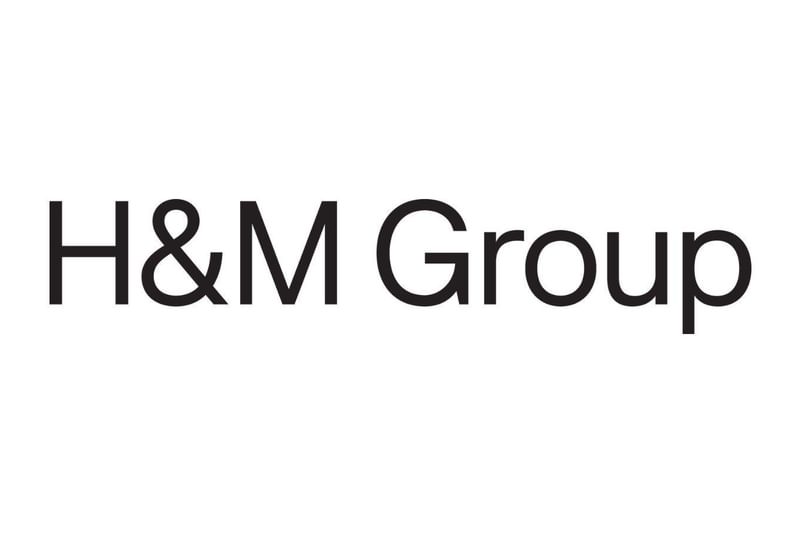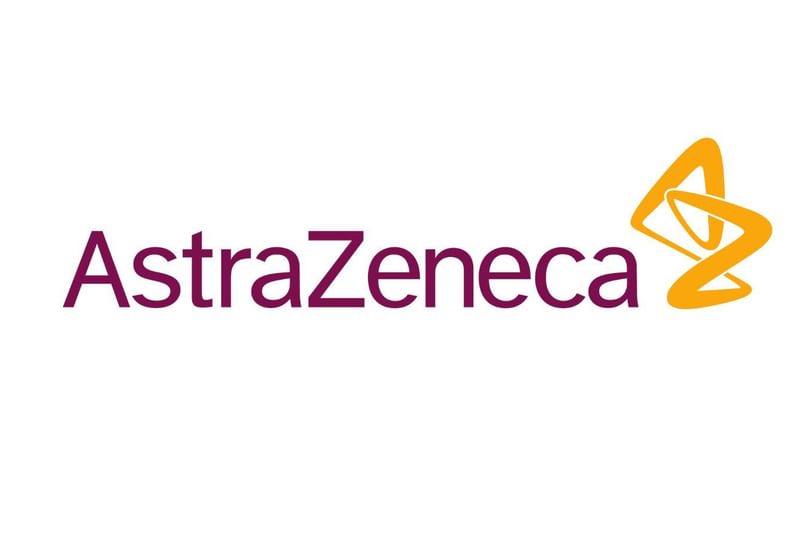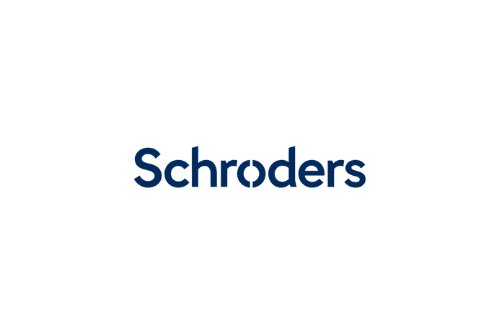

Case Studies
Companies participating in the Science Based Targets initiative (SBTi) know that setting science-based targets is good for the planet and for business. Check out their testimonials to see how the SBTi helps businesses set emissions reduction targets – and how they have benefited.






Latest News
View News
SBTi launches new public consultation on updated Automotive Net-Zero Standard draft

Corporate climate action momentum builds as SBTi reaches 10,000 companies with validated targets

SBTi reinforces governance with ISEAL Community Membership and opens a call for new Technical Council members